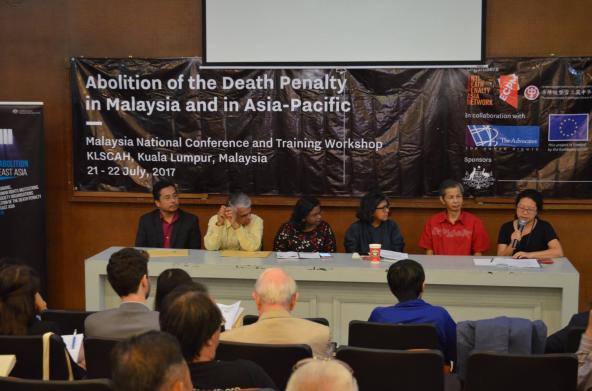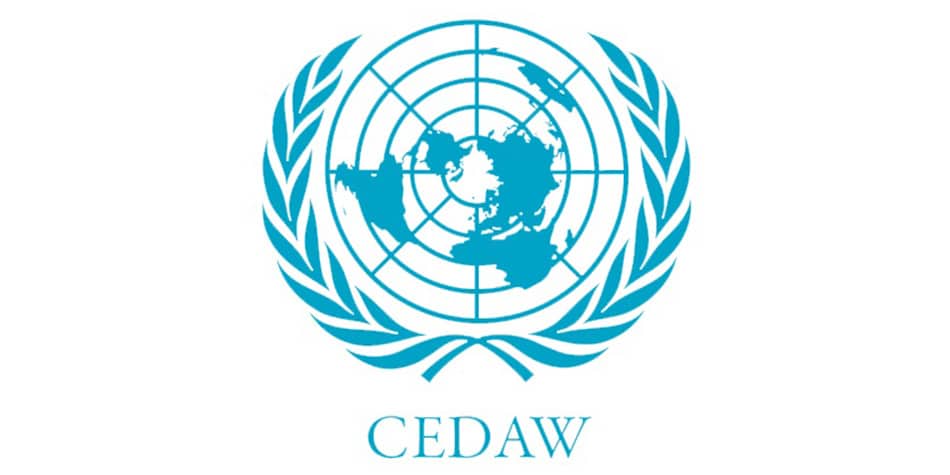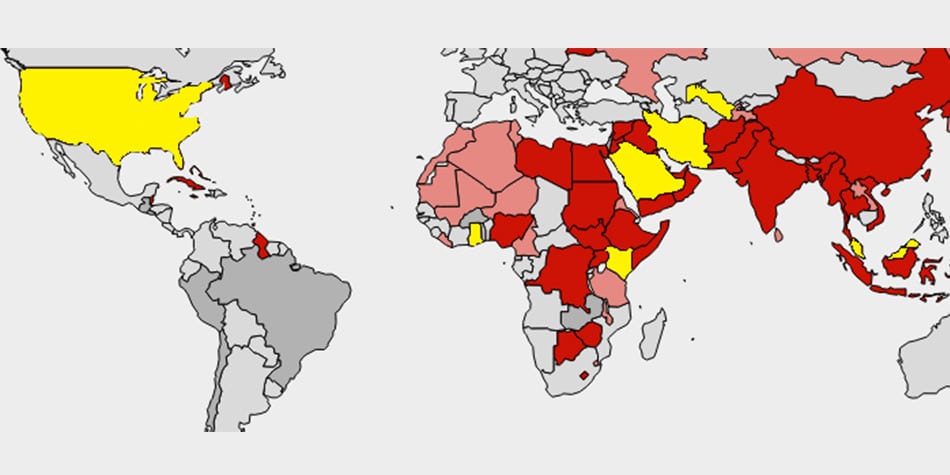
ADPAN network reinforces its strength in Asia
Asia
The meeting was the opportunity for ADPAN to hold its statutory meeting and to discuss its action plan. During the statutory meeting, ADPAN elected eight members to its executive committee to serve for two years: Adilur Rahman Khan (Bangladesh), Aeshad Mermood (Pakistan), Charles Hector (Malaysia),Julian Mac Mahon( Australia), Ngeow Chow Ying (Malaysia), Sarmad Ali (Pakistan),Sinapan Samydorai (Singapore) and Jiazhen Wu (Taiwan). Addilur Rahman Khan, Secretary of the human rights non-governmental organisation ODHIKAR, was elected in absentia due to his arbitrary arrest and further deportation by the Malaysian authorities at KLIA airport. See ADPAN’s statement.
The discussions also focused on the case of foreign nationals sentenced to death around Asia and the importance of keeping up the fight against the death penalty in the Asian continent and around, despite its abolition in other countries. In Hong Kong for example, the death penalty was abolished in 1993 but many of its nationals are still sentenced to death in other Asian countries.
The alarming situation in the Philippines regarding the reintroduction of the death penalty was also addressed. According to Julian Mac Mahon, President of Reprieve Australia, “the Philippines have had 10 000 extrajudicial executions since Duterte came to power. If the bill passes through the Senate, the Philippines will become the world’s top executioner”.
“Half of the world’s executing countries are in Asia”
Following the AGM meeting ADPAN, in partnership with ECPM, organised the international conference “Abolition of the death penalty in Malaysia and Asia-Pacific” on 21-22 July.
The introductory session gave an overview of the death penalty in Asia. “Despite the multiple regimes and forms of governments in the Asian countries, the vast majority performs premeditated killings” stated Julian Mac Mahon. He then added “The greatest predictor of execution is poverty in Asia” recalling this year’s World Day theme: the death penalty and poverty.
A wide range of issues was debated during the two days, including children of parents sentenced to death, foreign nationals sentenced to death, mental health and the death penalty as well as secret executions.
Towards the abolition of the death penalty in Malaysia
Malaysia being the host country of the conference, the abolition of the death penalty in that country was the main theme of the conference. In its key note speech, the chairperson of the Human Rights Commission of Malaysia qualified the death penalty as “cruel, inhuman and degrading treatment, against life and security” and called for the commutation of all death sentences and for the government of Malaysia to review the effectiveness of this punishment.The presentations of the various speakers, which included academics, lawyers and activists, focused on the path towards the abolition of the death penalty in Malaysia, as well as in the different obstacles such as religion and public opinion.
However, Andrew Chow from the bar council explained how the government of Malaysia often relies on its own polls or media surveys, which are unreliable to justify the use of the death penalty. He then presented an academic survey conducted in Malaysia in 2013 by professor Roger Hood, Death Penalty Project and the Malaysia Bar which shows that public support for the death penalty is much more nuanced than what the authorities want the public to believe.
The importance of lobbying and advocating for the abolition of the death penalty at the international level was highlighted by several speakers. The moratorium vote as well as the Second Optional Protocol to the ICCPR, can be powerful tools so that public opinion shifts in the way of abolition.
To this regard, Amy Bergquist from the Advocates for Human Rights was invited to conclude the sessions of the conference by a training workshop, divided into two complementary sections. The first one focused on the presentation of the Universal Periodic Review and the treaty bodies of the United Nations and on how to do effective and SMART recommendations as a step towards the abolition of the death penalty.The second part of the training focused on how to conduct a fact-finding mission, which took the form of a role-play, enabling the participants to train themselves to the completions of this kind of missions, which is an important part of advocacy work.
Categories
Malaysia






